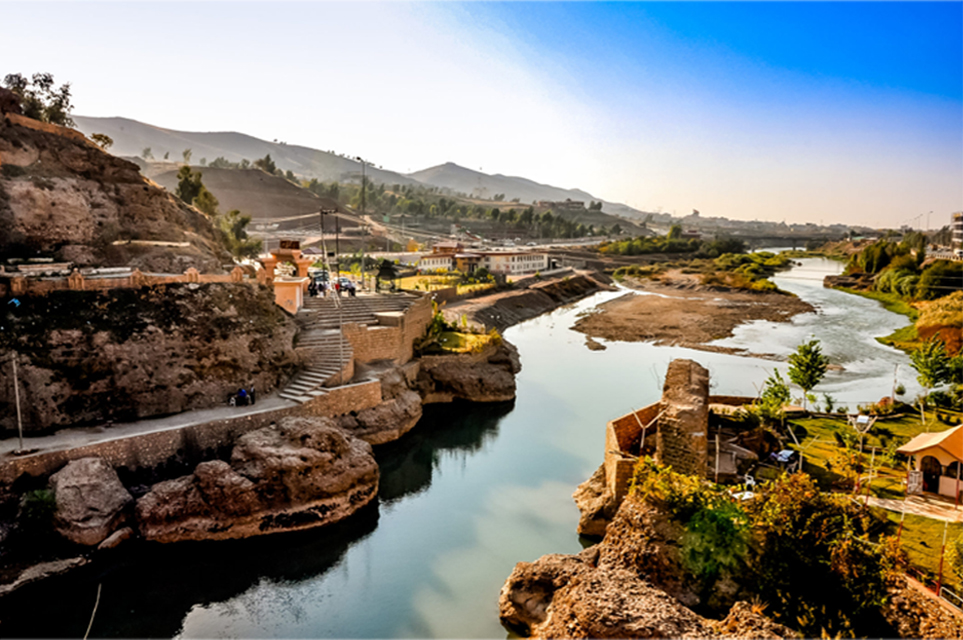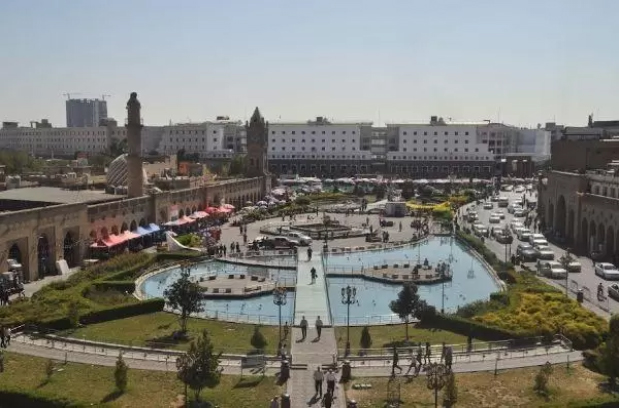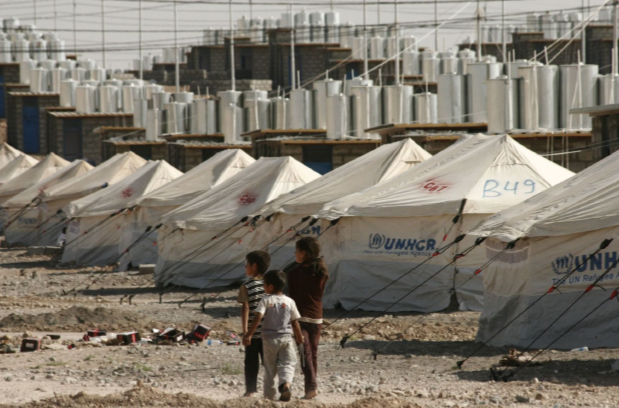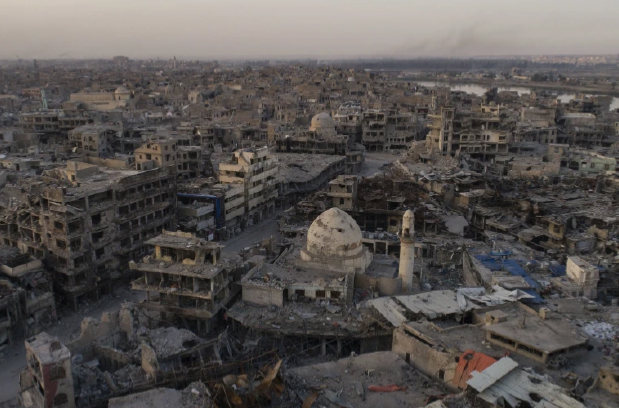
IRAQ AND KURDISTAN
A country with historical significance that has been scarred by controversy, conflict, and chaos over the last two decades…
In ancient times, Iraq was known as Mesopotamia. Later, its capital, Baghdad, became the center of the Abbasid Caliphate. Iraq gained independence from Britain in 1932, but British imperial influence persisted for the next 50 years. After the monarchy was overthrown in 1958, political instability increased significantly. Subsequently, an Arab Nationalist and Socialist regime known as the Ba’ath Party restored some measure of peace to Iraq. However, in 1979, when Saddam Hussein became the fifth president, the country quickly turned into an autocracy and began initiating conflicts with neighboring countries. Saddam Hussein instigated the Iran-Iraq War (1980-1988) and the Persian Gulf War (1990-1991), which economically devastated Iraq and isolated it from the international community.
Finally, in 2003, Saddam Hussein was defeated in the Iraq War, leading to lasting effects on the country and significantly hindering its development, contributing to Iraq’s current status as a post-conflict region.
Today, Iraq has 26 formal camps for internally displaced people (IDPs) and Syrian refugees. Over 5 million people in Iraq, half of whom are children, require humanitarian assistance. The number of IDPs has increased drastically due to post-war internal conflicts and sectarian violence. Pandemic-related school closures have affected millions of children, jeopardizing their futures and putting them at risk of violence and exploitation. Iraqi children urgently need basic services, education, healthcare, and hope.
Spring 2024, Developing Diplomacy donated over 100 kits to children living in the Sharia IDP Camp in Northern Iraq.
During Summer 2024, Developing Diplomacy met with children at the Sharia and Harsham camps, to deliver personally 80 kits filled with school supplies.




DEVELOPING DIPLOMACY
© 2024 Developing Diplomacy. All Rights Reserved. Designed By Ideas in a Flash
